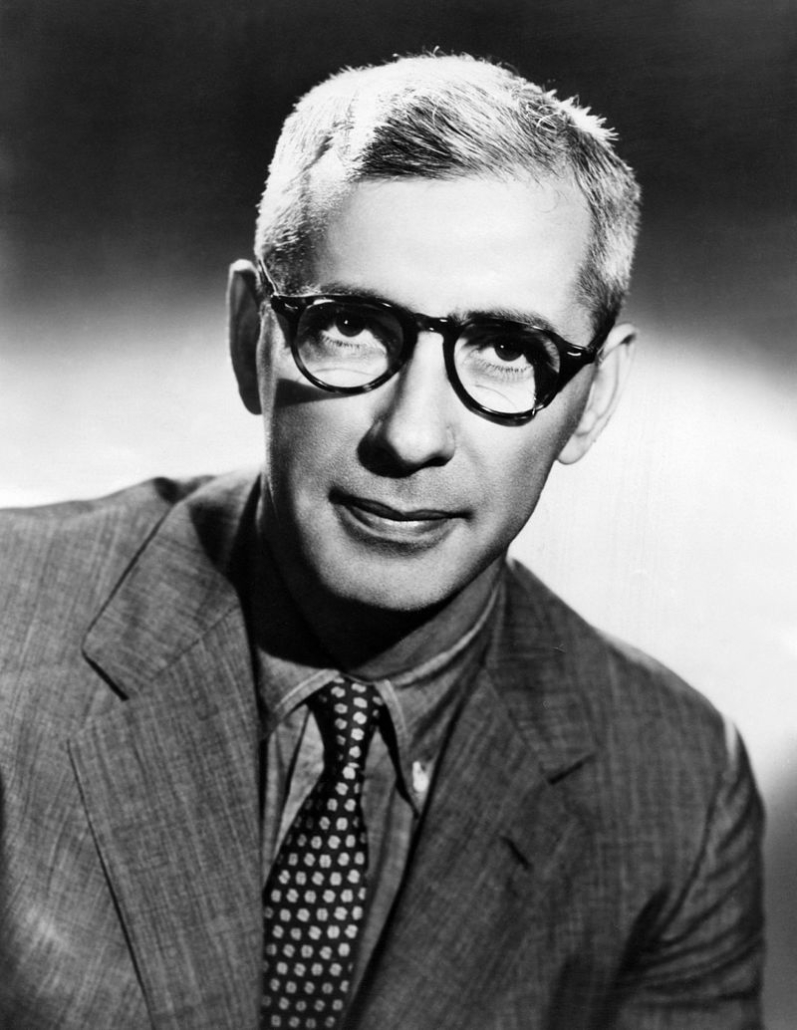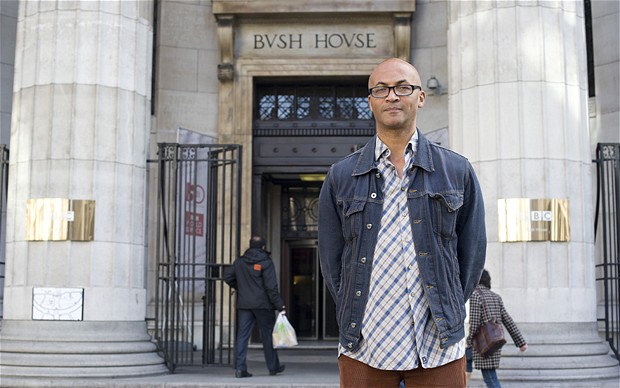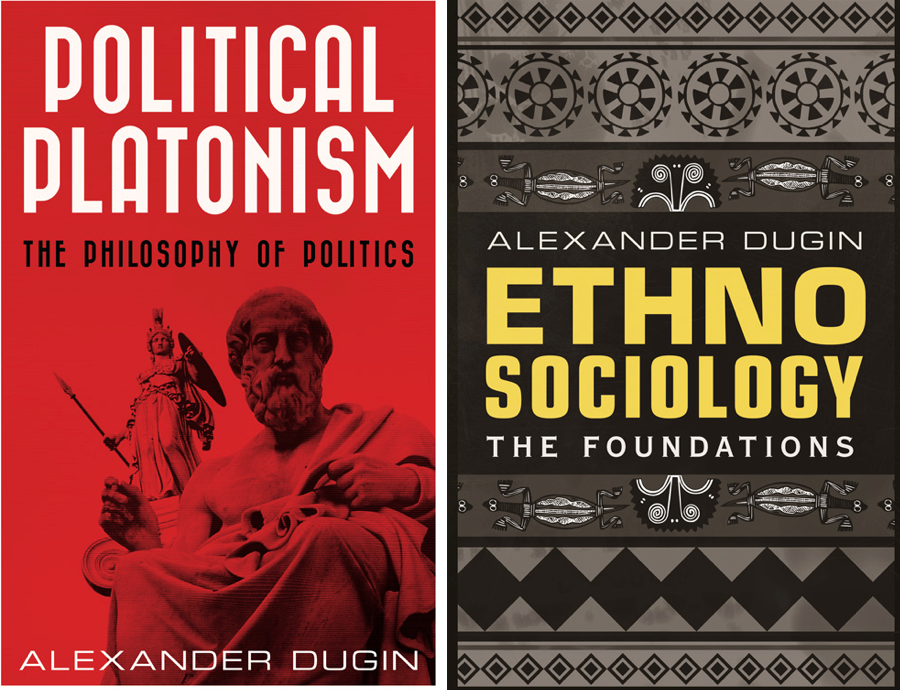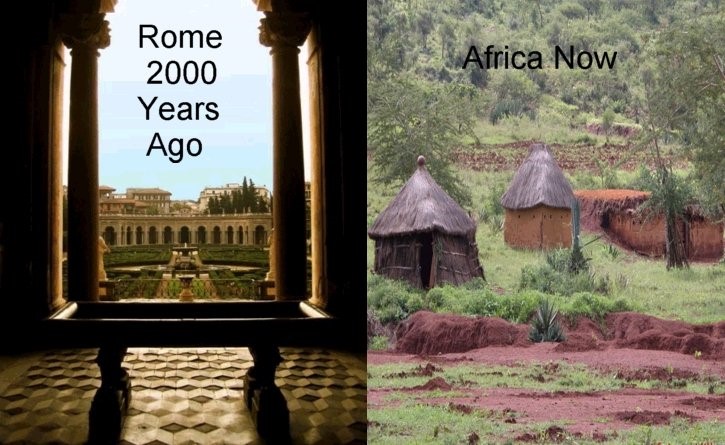The Supremacy of Stupid: How Dumb Ideas about Race Flourish on the Left
Dumb beats clever
But the highly sophisticated ant meets its master in the form of a mindless organism far lower in the evolutionary scale. As I described in “How to Cure a White Zombie,” the fungus Ophiocordyceps unilateralis can subvert the complex nervous system of an ant, turning the ant into a zombified spore-spreader. You can sum up the behaviour of the fungus in two words: sitting and floating. It sits in its victims and then, in the form of spores, floats off to new victims. The behaviour of ants, by contrast, is endlessly subtle and varied. Ant-behaviour has filled entire libraries and fuelled long scientific careers. But the simple fungus beats the complex ant.

Another parasite, the microscopic protozoan Toxoplasma gondii, overcomes an even bigger evolutionary gulf and subverts the even more complex brains of rats and human beings. The fungus and the protozoan have no minds, no consciousness and no purpose but self-propagation. They’re dumb, but they’ve been beating clever for millions of years. That’s why we shouldn’t be surprised at the success of stupid ideologies in the world of politics. In competition and warfare, it doesn’t matter how you win: the only criterion of success is, well, success. The fungus and the protozoan are unconscious experts at chemical warfare, because they interfere with the brain-chemistry of their victims. In the world of human politics, parasites and predators interfere with brains by using words and ideas instead.
Pop-guns against a tank
The ideas can be very stupid ones, but that doesn’t matter. In some ways, stupidity can be an advantage, because stupid-but-simple ideas are easier to transmit than clever-but-complex ones, particularly when the stupid ideas exploit the brain-circuits devoted to morality. For example, the Indian Hindu writer Angela Saini has been spreading some very stupid ideas in her new book Superior: The Return of Race Science (2019). Steve Sailer, James Thompson and Greg Cochran have all pointed out the massive flaws in Saini’s reasoning and the massive gaps in her knowledge, but it’s almost as though they’re using pop-guns against a tank. Superior rolls on regardless.

Ashley Montagu, né Israel Ehrenberg: “Race does not exist, goyim!”
One reason for this is that Angela Saini has morality and goodness on her side. Sailer, Thompson and Cochran are stale pale males, promoting the hateful and horrible idea of inequality between human races.
Saini is neither stale, pale nor male, and she’s promoting the beautiful idea of equality in the only race there is, the human race.
In fact, some of Saini’s leftist reviewers have gone even further than denying the existence of separate races. Colin Grant, a Black-Jamaican writer based in the UK, has promoted the concept of what you might call “anti-race,” whereby some human beings are more genetically similar to distant relatives than to close relatives. This is from Grant’s review of Superior in the highly influential leftist magazine the New Statesman:
In writing that is as impassioned as it is elegant, Saini charts how the tide turned against eugenicist thought and research, with Unesco declaring in 1950 [under the guidance of the Jewish anthropologist Ashley Montagu, né Israel Ehrenberg] that all mankind “belongs to the same species, Homo sapiens”. [Editorial note: This meant that “Good had won over evil,” as the Indian Alok Jha comments in yet another approving review of Saini’s book.]
Further, in 1972 a landmark paper by the [Jewish] evolutionary biologist Richard Lewontin spelled out that there was greater genetic difference within groups than between them. So, for instance, a black man in Nigeria had more in common genetically with a white man in Scotland than he did with a black man in Tanzania. (Data of prejudice: the uses and abuses of the science of race, The New Statesman, 24th July 2019)

Black science expert Colin Grant at the BBC
Colin Grant has worked since 1991 for the BBC, where he produces “science programmes.” That’s no doubt why he was asked to review Saini’s book for the New Statesman: to other leftists, he’s a Black expert in science. And yet he claims something that is both stupid and scientifically illiterate: that “a black man in Nigeria” can have “more in common genetically with a white man in Scotland” than with “a black man in Tanzania.”
Hymns of the hive
However, this stupid argument isn’t original to Grant: it’s been buzzing in the leftist hive-mind for a long time. In 2012, the Jewish journalist Deborah Orr proclaimed that “Race is a myth” and approvingly quoted the views of a Black soccer player: “Race is not a scientific reality. You could find a tribe in Africa who are genetically closer to Europeans than to an African tribe a hundred miles away.” The words differ, the stupidity remains the same.
Another reviewer of Angela Saini’s book is Gavin Evans, a professor of journalism in the “Department of Film, Media and Cultural Studies” at Birkbeck College in London. According to his page at the Guardian, he “has written widely on issues of race, IQ and genetics.” As you’d expect from his academic background, Evans knows about as much about genetics as a fruit-fly knows about deep-sea diving. His review of Saini’s book in the Guardian says this: “Race, like intelligence, is a notoriously slippery concept. Individuals often share more genes with members of other races than with members of their own race.”
Biologically meaningless concepts
Once again someone is claiming that human beings can be more closely related to distant relatives than to close relatives. It’s a ludicrous claim, but you’ll find it made again and again by scientifically illiterate leftists, many of them in positions of great power and cultural influence.
For yet another example, try Sir David Cannadine, the Dodge Professor of History at Princeton University (having previously taught at Columbia and Cambridge) and the General Editor of the Penguin History of Europe and Penguin History of Britain. In his book The Undivided Past: History Beyond Our Differences (2013), Cannadine manages to stuff more nonsense on race into fewer words than one would have thought humanly possible:
According to the findings of the Human Genome Project, people of all backgrounds, locations and “races” share more than 99.9 percent of their DNA, and in the case of the remaining 0.1 percent, there is more variation within stereotypical racial groups than between them. This means that 99.9 percent of the genes of a “black” person are the same as those of a “white” person, and that the genes of any “black” person may be more similar to the genes of a “white” person than to another “black” person. Thus understood, race is a biologically meaningless concept, literally no more than skin deep. It is also neither innate nor permanent, for skin colour can change dramatically from one generation to another as a result of mixed-race marriages. (The Undivided Past, ch 5, “Race,” pg 217)Again, Cannadine is not simply claiming that race doesn’t exist. Like Colin Grant and Gavin Evans, he’s claiming that anti-race exists: an unmixed Black can be more closely related to a White than to another unmixed Black. Let’s take one of these alleged individuals who are more genetically similar to members of another race than to members of their own race. Colin Grant spoke of “a black man in Nigeria” having “more in common genetically” with “a white man in Scotland” than with “a black man in Tanzania.” Nigeria and Tanzania are tropical African countries where languages in the Niger-Congo family are spoken, a good indication that gene flow between these two regions faces no big obstacles.
And where is Scotland? It’s in north-western Europe, separated from both Nigeria and Tanzania by thousands of miles of desert, ocean and mountains. Until recent times, gene flow between Scotland and those two African regions faced huge obstacles. So did other kinds of flow. As you’d expect, Scottish English and Scottish Gaelic have no linguistic kinship with any indigenous language of Nigeria or Tanzania.
Now let’s imagine the family trees of Grant’s three hypothetical men, the two Blacks in Nigeria and Tanzania, and the White in Scotland. You’ll find that at some point – call it time T1 – the Black from Nigeria and the Black from Tanzania have common ancestors. At another point – call it time T2 – all three men have common ancestors. But T1 must be long after T2. The two Blacks obviously have more recent and more numerous shared ancestors. And what do ancestors do? They transmit genes! So the Nigerian and Tanzanian must share more genes with each other than with the Scottish White, unless genes began mutating in the Nigerian’s line of descent in just such a way as to create more matches with the genes of the Scottish White.
Tropical Tanzania vs Cauld Caledonia
The odds against that are more than astronomical. It would be like a language in the Niger-Congo family being linguistically closer to Scottish English or Gaelic than to another language in the Niger-Congo family. Blacks in Nigeria and Tanzania live in the tropical, resource-rich environment of Africa, not the cold, resource-poor environment of Scotland. So how on earth could the genes of a Black in Nigeria have evolved to be more similar to those of a White in Scotland than those of a Black in Tanzania?
Colin Grant is making a ludicrous, scientifically illiterate claim. But it won’t affect his career in the slightest. He will continue to make science programmes for the highly influential BBC, just as the journalism professor Gavin Evans will continue to “write widely on issues of race, IQ and genetics.” Grant and Evans are saying what other leftists want to hear: “Race doesn’t exist! Human beings can be more closely related to distant relatives than to close relatives!”
Nonsense is no obstacle
Leftists like Saini, Grant, Evans and Cannadine do not harm their careers by talking nonsense about race. You can only harm your career by talking sense about race, as the Nobel Laureate James Watson proved in 2007 and the social scientist Jason Richwine proved in 2013. Watson and Richwine were punished and deplatformed because the Left do not want to allow free speech on these topics. They know they cannot win the argument. But even as they censor and silence their opponents, they deny that they’re attacking free speech.
Angela Saini herself has written an article called “The Internet Is a Cesspool of Racist Pseudoscience” for Scientific American. She brings her powers of reasoning to bear on the topic of free speech:
What has started with a gentle creep through the back door of our computers could end, if we’re not careful, with jackboots through the front door of our homes. Populism, ethnic nationalism and neo-Nazism are on the rise worldwide. If we are to prevent the mistakes of the past from happening again, we need to be more vigilant. The public must hold the Internet giants to account, recognize hatred dressed up as scholarship and learn how to marginalize it, and be assiduous in squeezing out pseudoscience from public debate. This is not a free speech issue; it’s about improving the quality and accuracy of information that people see online, and thereby creating a fairer, kinder society. (The Internet Is a Cesspool of Racist Pseudoscience, Scientific American, 29th July 2019)“This is not a free speech issue,” claims Angela Saini: it’s about “creating a fairer, kinder society.” She doesn’t have the honesty to admit that she wants to censor science to create a better world. After all, if she were honest about her intentions she might remind people of Stalinism and the biologist Trofim Lysenko (1898-1976), who proclaimed the easy malleability of biological forms and claimed that he could revolutionize Soviet agriculture. Lysenko was a bad scientist whose career flourished while good scientists who disagreed with him were sent to death by starvation in the Gulag.
The debate is over, haters
But Angela Saini’s ideas about free speech are no more original than Colin Grant’s ideas about race. Both Saini and Grant are buzzing with the leftist hive-mind. Here’s another leftist, the possibly Jewish Martha Gill, plugging the same line as Saini and pretending that censorship is not censorship:
Free speech advocates also misunderstand the motivation of those who might want to shut down a debate: they see this as a surefire mark of intolerance. But some debates should be shut down. For public dialogue to make any progress, it is important to recognise when a particular debate has been won and leave it there.
Even the most passionate free speech advocate might not wish to reopen the debate into whether women should be tried for witchcraft, or whether ethnic minorities should be allowed to go to university, or whether the Earth is flat. No-platformers are not scared – they simply think certain debates are over. You may disagree, but it does not mean they are against free speech. (Free speech isn’t under threat. It just suits bigots and boors to suggest so, The Guardian, 23rd June 2019)

“It’s not censorship!”: Martha Gill ends the debate
When leftists decide that a debate is over, it’s not censorship when they silence dissenters. It’s just that the debate is over. The supreme leader has spoken! Or rather, the leftist hive-mind has spoken. In effect, Angela Saini and Martha Gill are claiming infallibility for leftist dogma.
Reeling on the ceiling
As many people have pointed out, leftism is a disguised form of religion. But I don’t know any overt religion that is as irrational as leftism or that denies reality so fervently. For another example, look at the transgender concept of the “cotton ceiling.” Some transgender activists claim that it’s bigoted of lesbians to refuse to sleep with “trans women” who still have penises. Here is one of those activists replying to a sceptical feminist:
Trans women are female. When our female-ness and womanhood is denied, as you keep doing repeatedly, that is transphobic and transmisogynist. As I said earlier, all people’s desires are influenced by an intersection of cultural messages that determine those desires. Cultural messages that code trans women’s bodies as male are transphobic, and those messages influence people’s desires. So cis queer women who are attracted to other queer women may not view trans women as viable sexual partners because they have internalized the message that trans women are somehow male.That’s where the leftist denial of reality and biology ends: in the idea that penises are “coded” as male rather than actually being male. Even some leftists – the TERFs or trans-exclusionary radical feminists – think that this is a step too far (see my article “Power to the Perverts!”). But the same leftists who reject transgender nonsense will accept much more harmful nonsense about race. Transgender activists may be noisy and obnoxious, but they aren’t an existential threat to Western nations. Mass immigration by millions of non-Whites is a huge existential threat to Western nations.
The comparison to what cis males say also makes no sense. What trans women are saying is that we are women, and thus should be considered women sexually, and thus be considered viable partners for women who are attracted to women. What cis males are saying is that queer women shouldn’t be exclusively attracted to women, which is completely different. (The Cotton Ceiling? Really?, Femonade blog, 13th March 2012)
Clever will conquer
And what justifies the presence of those non-Whites and the endless privileges they are granted over their White hosts?
The supremely stupid ideas promoted by Angela Saini and countless other leftists, that’s what.
Just as a dumb fungus can beat a clever ant, so a dumb ideology can beat a clever one. But that too is part of reality: truth is not always mighty and truth does not always prevail.
In this case, however, I think truth will prevail. And soon. As genetic analysis becomes ever cheaper and quicker, and our understanding of human evolution ever richer, the truth about racial differences will become ever harder to suppress. Astute leftists like the Jewish geneticist David Reich already know what’s ahead: We will see the supremacy of science, not the supremacy of stupid.






